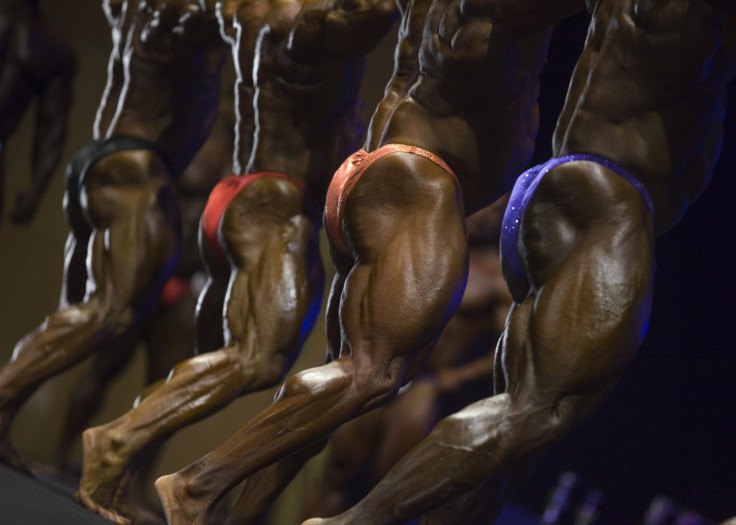Fitter Legs Mean A 'Fitter' Brain: Leg Strength Could Also Indicate Your Cognitive Health

If you’ve been skipping leg day, then you’re missing out on training the largest muscle group in your body and potentially saving your brain from cognitive decline. A recent study conducted by researchers from King’s College London has found that power in your lower body — measured by force and speed — could be a direct indicator of better cognitive function as we get older.
“Everyone wants to know how best to keep their brain fit as they age,” said Dr. Claire Steves, lead author and senior lecturer in twin research at King's College London and King's College Hospital, in a statement. “Identical twins are a useful comparison, as they share many factors, such as genetics and early life, which we can't change in adulthood.”
Steves and her colleagues recruited 324 healthy female twins at an average age of 55. Participants were enrolled in the TwinsUK volunteer registry, which measured health and lifestyle predictors over the course of 10 years, starting in 1999. Researchers measured thinking, learning, and memory at the beginning and end of the study while controlling for genetic factors that affect changes in cognition.
They found that leg power was a better predictor of cognitive change than any other lifestyle factor they looked at. Whichever twin had more leg power at the start of the study had an easier time sustaining their cognition and suffered fewer cognitive changes associated with aging after the 10 years of follow-up.
“It's compelling to see such differences in cognition and brain structure in identical twins, who had different leg power 10 years before,” Steves added. “It suggests that simple lifestyle changes to boost our physical activity may help to keep us both mentally and physically healthy.”
Comparing physical strength to brain function may seem outlandish, but a number of studies have produced evidence supporting the link between physical activity and sustained cognition. One such study, conducted at the University of Illinois at Urbana-Champaign, was able to shed some light on the cause-and-effect of this relationship.
Among 24 children between the ages of 9 and 10, white matter — nerve tissue on the brain and spinal cord responsible for delivering messages to different regions of the brain — was thicker and denser in children who were more physically active, which meant a greater capacity for memory, attention span, and better cognitive function.
Source: Steves C, et al. Kicking Back Cognitive Ageing: Leg Power Predicts Cognitive Ageing after Ten Years in Older Female Twins. Gerontology. 2015.
Published by Medicaldaily.com



























